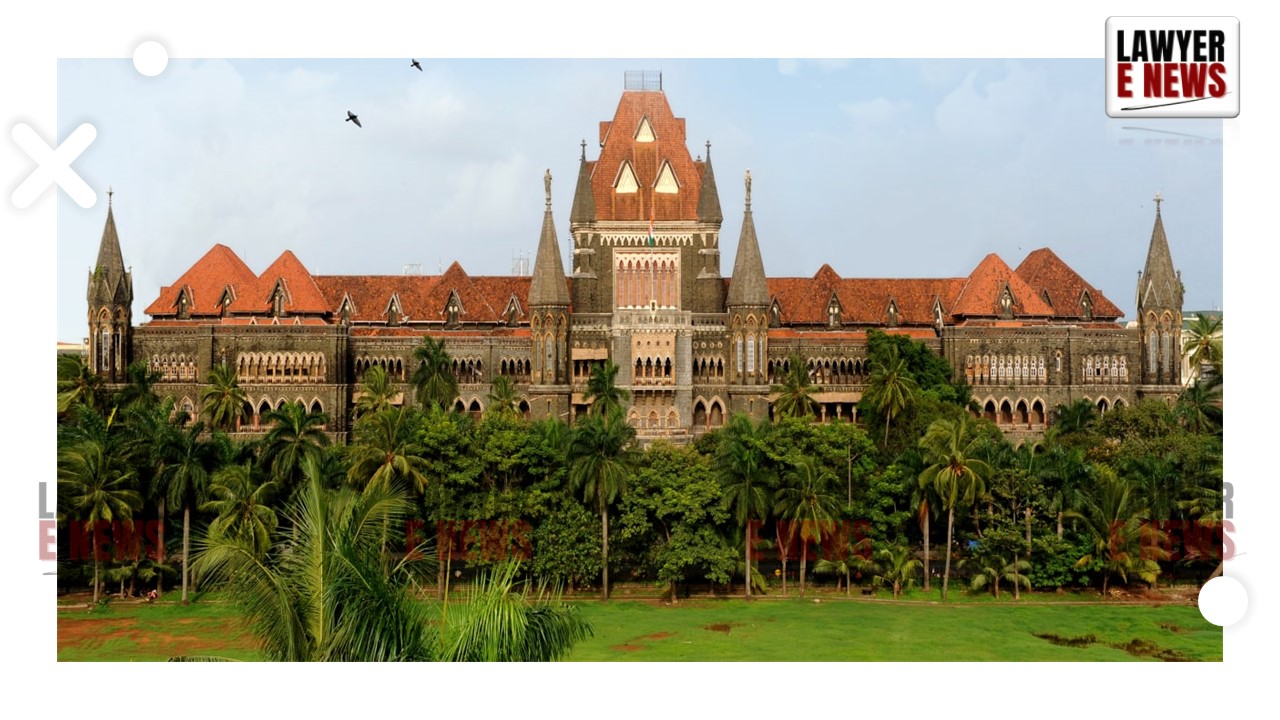-
by Admin
15 February 2026 5:35 AM



On October 23, 2024, a division bench of the Bombay High Court, comprising Justice Revati Mohite Dere and Justice Prithviraj K. Chavan, granted bail to Rajendra Sadashiv Nikalje, alias Chhota Rajan, pending his appeal in a high-profile murder and extortion case under the Maharashtra Control of Organized Crime Act (MCOCA) and the Indian Penal Code (IPC). The court suspended Rajan’s sentence, which included four life terms and a fine of Rs. 16,00,000, due to substantial legal and procedural discrepancies in the trial court’s findings.
Alleged Organized Crime Involving Murder of Hotelier Jaya Shetty
The case stems from the 2001 murder of Mumbai hotelier Jaya Shetty, allegedly executed on the orders of Rajan’s organized crime syndicate after Shetty failed to meet extortion demands. The prosecution accused Rajan and his associates of conspiring to murder Shetty, relying on witness testimonies about extortion calls allegedly linked to Rajan's faction. In May 2024, a special MCOC court in Greater Mumbai convicted Rajan, who subsequently appealed the decision.
Court Finds Glaring Discrepancies in Evidence
The High Court found multiple flaws in the evidence used by the Special Court to convict Rajan. Notably, the prosecution's case was largely based on circumstantial evidence and hearsay, with no direct link between Rajan and the alleged extortion threats. Key prosecution witnesses failed to establish a clear connection, and crucial witness Bala Shetty, who allegedly received the extortion calls, was not examined.
The High Court emphasized that "there is no evidence at all, even remotely, to indicate that the threats alleged to have been received from Hemant Pujari [Rajan's associate] were on behalf of the applicant." The court noted that mere affiliation of an associate to Rajan’s gang was insufficient to prove Rajan’s direct involvement.
Inadmissible Evidence and Improper Reliance on Prior Judgments
A critical issue was the Special Court’s reliance on inadmissible evidence, including the confessional statement of co-accused Pramod Dhonde from a separate case (MCOC Special Case No. 13 of 2001), despite Rajan not being jointly tried with Dhonde. Citing the Supreme Court’s judgment in Mydeen v. Assistant Commissioner of Customs, the High Court ruled that this prior confessional statement was legally inapplicable to Rajan’s case.
Additionally, the court found fault with the admission of "certified copies of photocopies" of alleged extortion letters as evidence, without any authenticated originals. This compromised the credibility of key exhibits, leading the court to question the evidentiary standards upheld in the trial.
The High Court further observed procedural irregularities in the sanction process under the MCOCA. The prior approval and sanction orders issued by the Commissioner of Police referenced multiple accused without specifying Rajan's involvement, casting doubt on the validity of applying MCOCA provisions against him.
"The prior approval is ambiguous," the court noted, adding that the sanction appeared directed at Rajan's associates without clear evidence linking Rajan himself to the alleged crime syndicate activities. This ambiguity weakened the prosecution’s case under the MCOC Act.
Considering the numerous legal flaws and procedural lapses, the High Court granted Rajan bail, suspending his sentence pending the outcome of the appeal. The court required Rajan to post a bond of Rs. 1,00,000, provide his contact details, and surrender his passport. He was also prohibited from leaving the court's jurisdiction without permission.
The bench warned that any breach of these conditions would permit the prosecution to seek bail cancellation. "In case of breach of any of the aforesaid conditions, the prosecution is at liberty to seek cancellation of bail," the court stated.
Date of Decision: October 23, 2024
Rajendra Sadashiv Nikalje @ Chhota Rajan vs. Central Bureau of Investigation & Anr.
